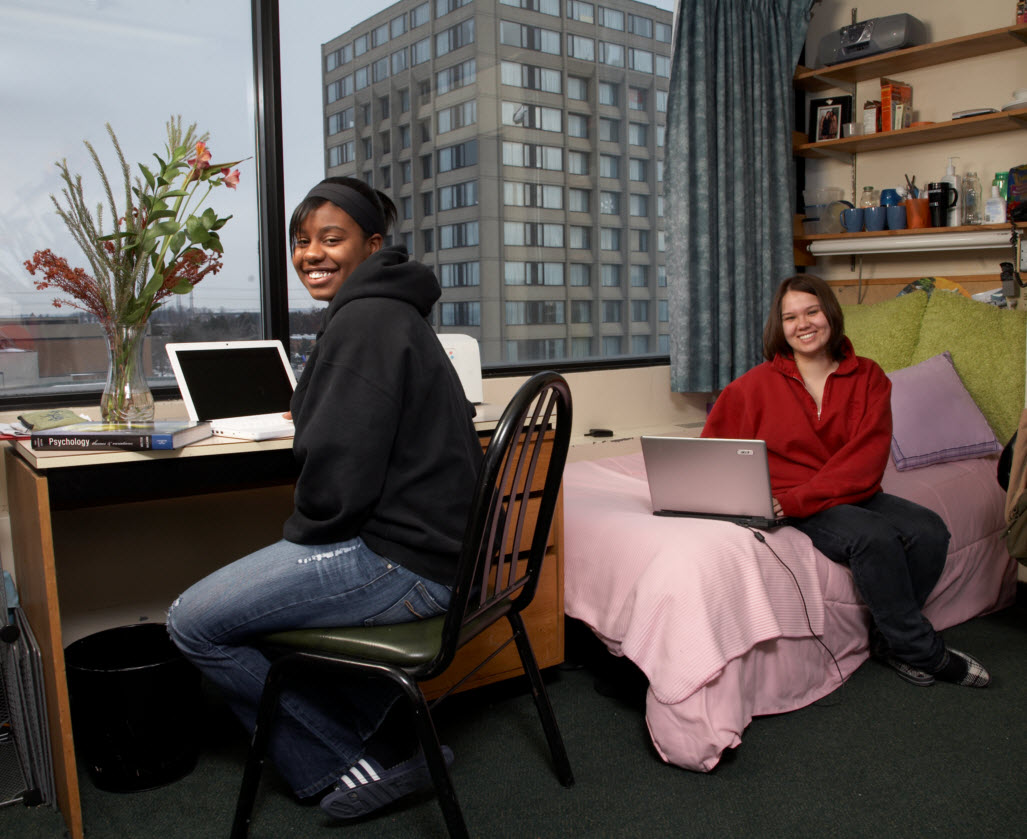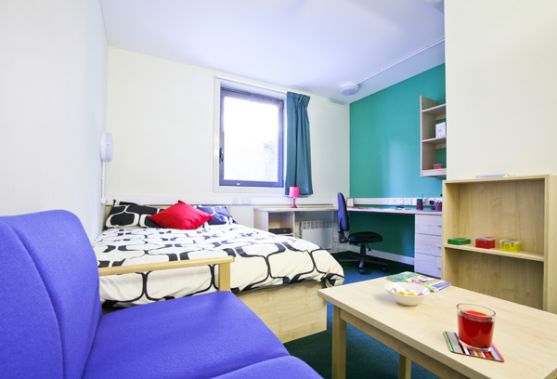- Study in AustraliaAustralian Universities/CollegesPrograms by faculty AusAustralian VisasLife in Australia
- Study In New ZealandNew Zealand UniversitiesPrograms by Faculty NZNew Zealand VisasLife in New Zealand
- Study in CanadaUniversities/Colleges in CANADAPrograms by faculty CanadaCanadian VisasLife in Canada
Students Accommodations
| Students Accommodations | |||
|
Canada is famous in the world for its welcoming attitude for all international students. More than 1, 00,000 students arrive every year in Canada. Canada’s education system aims build well trained industry experts through their undergraduate and postgraduate programs. Students have numerous options for accommodation. They can take accommodation facility both on-campus and off-campus. These are the two major categories in which accommodation is categorized. These can be further divided into sub-categories also. The most popular options for accommodation in Canada is residence halls, dormitories and university hostels and the off campus options available are home stays, studio apartments, rent accommodation, share accommodation and private hostels. | | ||
 | |||
| Accommodation - Short Term
A wide range of hotels is available for temporary stays upon arrival in Canada. A Canadian hotel is defined as having inside access, private rooms, and daily cleaning service. It is always best to make reservations in advance, and during the peak tourist season, it is essential. From May until August, hotels are booked most heavily (90 per cent full), and finding a reasonable place to stay without a reservation can be challenging if not impossible. Although most reservations can be made with a week's notice, be sure to check ahead for any major festivals or events as it will be more difficult to reserve rooms during these times. Hotel services, price and quality vary. Rooms in larger cities will generally be more expensive. In general, however, you will find hotels in Canada to be clean, comfortable and reasonably priced. Most hotels accept major credit cards, and reservations can be made either directly or by a travel agent in your home country. Here are some general estimates for the cost of hotel accommodation per night. Please note that prices vary according to occupancy rates, location and season. Low price range: $45-$75 CDN (It is advised to carefully check accommodation in this price range, as good quality hotels at these prices can be difficult to find, particularly in large cities.) Moderate price range: $55-$135 CDN
Another temporary accommodation option is the bed-and-breakfast. Rooms are located in private homes or locally-run establishments, and the cost includes your own room and a generous breakfast. Many rooms do not have private toilets and baths. Bed-and-breakfast accommodation comes in a variety of forms - it can be in a heritage home, modern townhouse, rural farmhouse, or seaside home. Most establishments are registered with a professional association, and are a great way to meet local people. Average cost of a room in a bed-and-breakfast: $35 to $105 CDN per night.
Hostelling is a temporary and inexpensive way to stay in major cities. Accommodation is basic but economical, and primary facilities (toilets, baths and kitchens) are shared. Rates are calculated daily, and costs are less than other accommodation choices. A Canadian hostel must be inspected and approved by the Canadian Hostelling Association. Average cost of a room in a hostel: $10 - $20 CDN per night. School Provided Accommodation Homestays Homestays are arranged by the school and students are matched with families who share similar interests. Amenities and location vary from home to home, but preferences can and should be indicated to the school so that a suitable match may be found. Many schools can arrange for a school representative or homestay family to meet you at the airport when you arrive. Prices will vary according to location, and some homestay services will charge an initial placement fee of up to $200 CDN. For more information, contact the school you will be attending. Average cost of homestay accommodation: $400 - $800 CDN per month.
Many schools have accommodation conveniently located on or near their campus. Rooms can vary in size and in quality, and many dormitories have shared kitchens, toilets, showers and laundry facilities. There is usually an option of having either a shared or private room, and dormitories are usually separated by gender. In some cases, there are cafeterias and meal plans that can be included in the cost of the room. Most dormitories come furnished, and are an ideal way to become involved in campus activities and meet other students. Average cost of residence/dormitory rooms: $3,000 - $7,500 CDN per school year. For more information, contact the school you will be attending.
Off-Campus Housing Renting There are different types of places you can rent as an international student. A house is usually too expensive for one student to rent, but many students share or rent suites (a self-contained unit with a kitchen, toilet, bath and bedroom) within a larger home. Apartments are another option, where one has a kitchen, toilet, bath, and one or two bedrooms. Most rental apartments do not include furniture or meals. Some, however, include the cost of heat and/or electricity in the rent. Listings of available apartments or homes are published in local newspapers. It is the responsibility of the student to determine suitability as schools do not inspect these places nor can they make any other arrangements. Most landlords require a damage deposit and rent is paid on a monthly basis in cash or by cheque. Agreements with landlords should be made with care. Carefully examine and know the terms of any lease before you sign it. Carefully examine the apartment or suite before signing a lease to determine whether anything needs to be repaired by the landlord before you move in. If you experience problems with your rental accommodation, you should contact a provincial residential tenancy office. Average cost of shared accommodations in Canada: $250 - $700 CDN monthly. Things to remember when choosing accommodation in Canada: Prices can vary greatly according to location and time of year, so try to investigate before you leave. Canada is a friendly and wonderful place, and having made the proper arrangements, you will undoubtedly enjoy your stay regardless of where you choose to live in Canada. | |||
For more information, please contact one of our offices
Study in Australia | Study in the UK | Study in Malaysia | Study in Canada | Study in the USA | Study in New Zealand














